In this article, we will explore common questions about Bdagent.exe errors and viruses, and provide solutions to fix them.
What is bdagent.exe and What Does It Do?
Bdagent.exe is an executable file that is a software component of Bitdefender Total Security. It is an agent process that runs in the background of Windows 10 to provide information and order to the Bitdefender suite. Bdagent.exe is not a virus or malware, but it can be a security threat if it is infected by malware. It is a system tray process that often appears in the startup entry of Security task manager application. Some users have reported issues with Bdagent.exe causing high CPU usage or changes to their system files. To fix Bdagent.exe errors and registry errors, check for updates to Bitdefender products or try uninstalling and reinstalling the software. As with any executable file, it is important to be cautious and take necessary precautions when downloading and running software on your computer.
Is Bdagent.exe Safe to Use or a Security Threat?
Bdagent.exe is a software component of Bitdefender Total Security, a suite of security programs designed to protect your computer from viruses, trojans, and worms. It’s a system tray process that runs on startup and provides real-time protection. Bdagent.exe is safe to use and not a security threat. However, if you’re experiencing errors or problems with the process, you may need to fix registry errors, system files, or other issues. To do this, you can use a Security task manager application or consult online forums for help. Some users may choose to disable the startup entry for Bdagent.exe to improve CPU usage or other functionality. Ultimately, the decision to keep or remove the agent software depends on your personal preferences and needs.
Common Errors Associated with Bdagent.exe
- Scan for viruses and malware
- Use reputable antivirus software to scan your system for viruses and malware.
- Remove any viruses or malware found by the antivirus software.
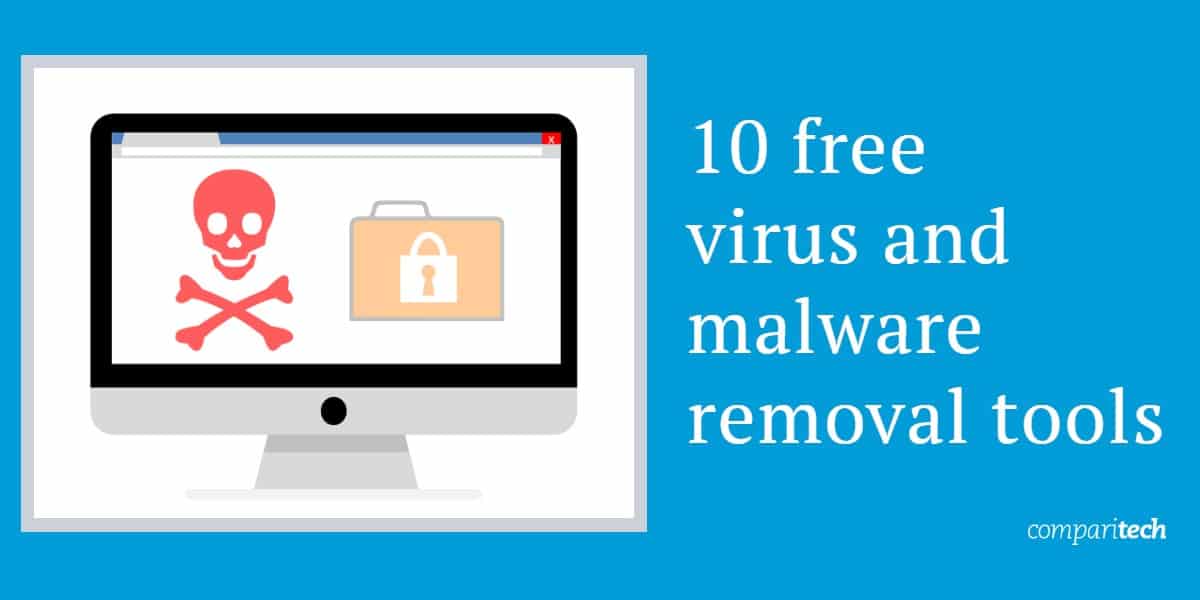
- Update your antivirus software
- Check for updates for your antivirus software.
- Download and install any available updates.
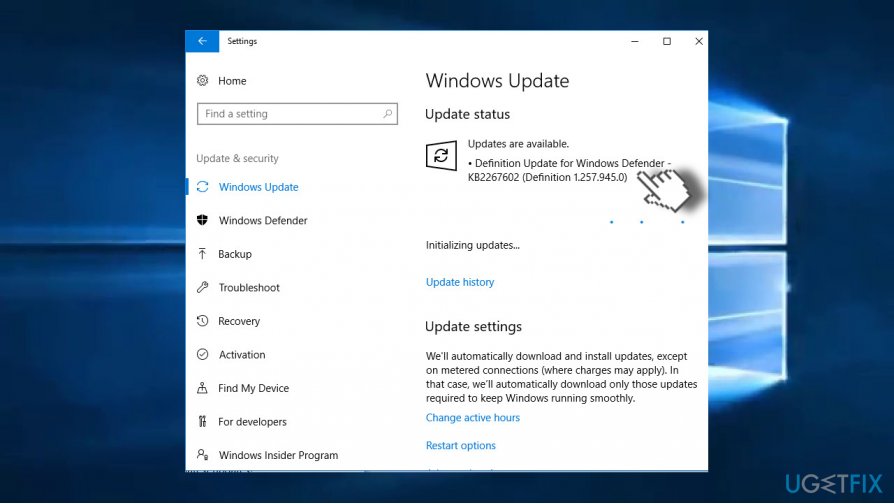
- Uninstall and reinstall Bitdefender
- Open Control Panel.
- Click on Programs and Features or Add or Remove Programs.
- Find Bitdefender in the list of installed programs.
- Click on Uninstall.
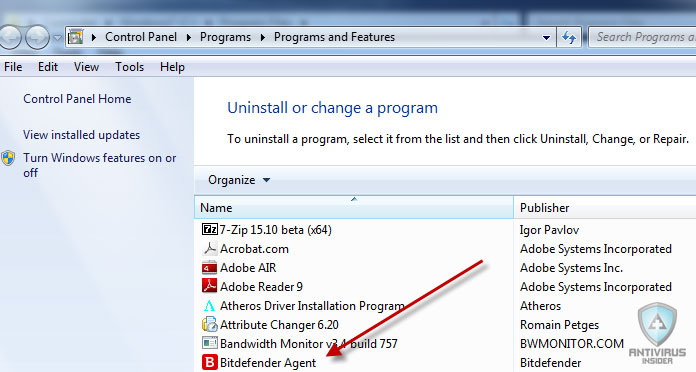
- Download the latest version of Bitdefender from the official website.
- Install the new version of Bitdefender.
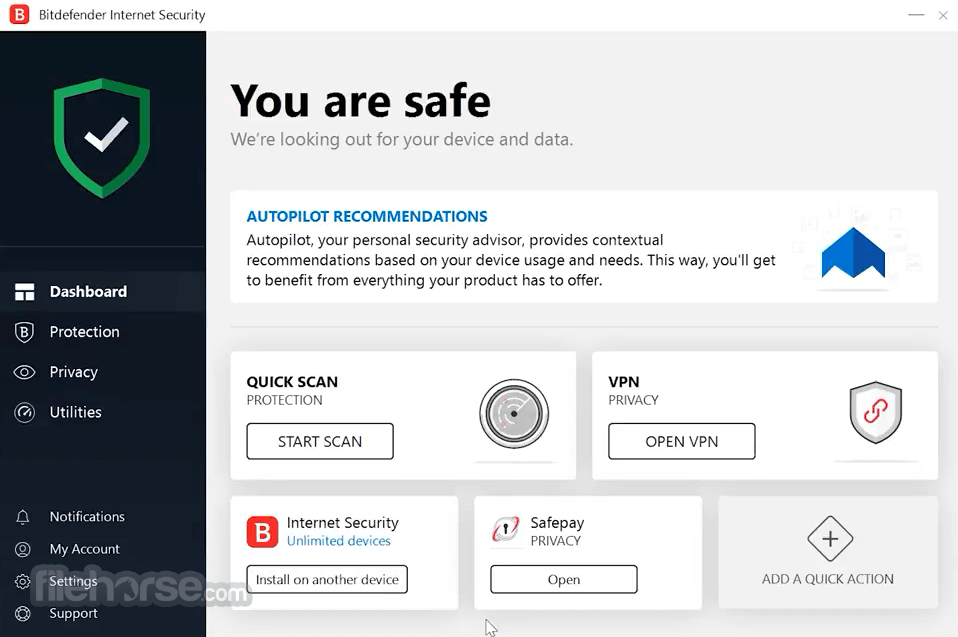
- Disable Bitdefender
- Right-click on the Bitdefender icon in the system tray.
- Click on Disable.
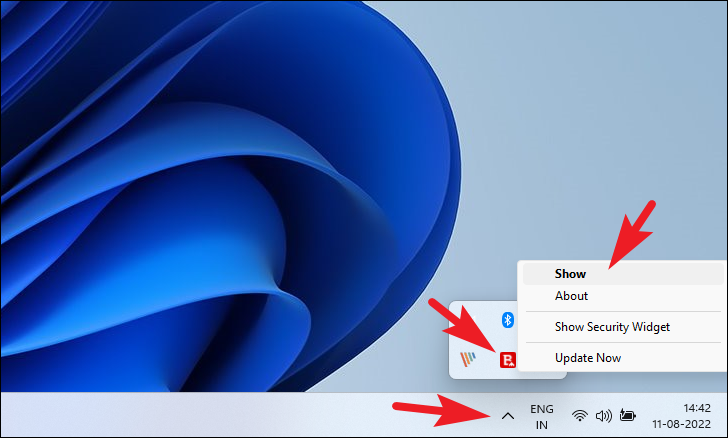
- Select the duration for which you want to disable Bitdefender.
- End the Bdagent.exe process
- Open Task Manager by pressing Ctrl+Shift+Esc.
- Click on the Processes tab.
- Find Bdagent.exe in the list of running processes.
- Click on End Process.
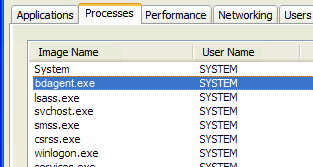
How to Repair or Remove Bdagent.exe If Needed
To repair or remove bdagent.exe from your computer, follow these steps:
1. Press Ctrl + Shift + Esc to open Task Manager.
2. Click on the Processes tab and look for bdagent.exe under the Name column.
3. Right-click on bdagent.exe and select End task or End process (depending on your operating system).
4. If you want to remove the file completely, search for it in File Explorer and delete it. Be sure to double-check that you are deleting the correct file.
5. If you need to repair the file, try reinstalling the program it belongs to or running a system file checker. Be sure to back up your important information before making any changes.
6. Keep in mind that some antivirus or security programs may flag bdagent.exe as a virus or trojan. If you suspect that this is the case, run a full scan of your computer and remove any threats.
Remember, bdagent.exe is an agent process for Bitdefender products. If you experience any issues with this file, it’s best to contact the software developer or seek help from online forums dedicated to Bitdefender products. Always exercise caution when making changes to your computer’s files and extensions for your own protection.
Frequently Asked Questions About Bdagent.exe
| Question | Answer |
|---|---|
| What is Bdagent.exe? | Bdagent.exe is a process associated with Bitdefender antivirus software. It runs in the background to provide real-time protection against viruses and other malware. |
| Is Bdagent.exe a virus? | No, Bdagent.exe is not a virus. It is a legitimate process that is part of Bitdefender antivirus software. However, if the process is running from a location other than the Bitdefender folder, it could be a virus. |
| Why is Bdagent.exe using so much CPU? | If Bdagent.exe is using a lot of CPU, it could be due to several reasons. It could be scanning a large file or running a deep system scan. It could also be due to conflicts with other programs or outdated software. Try updating Bitdefender or running a system scan to resolve the issue. |
| How do I disable Bdagent.exe? | It is not recommended to disable Bdagent.exe as it is an essential process for Bitdefender antivirus software. However, if you need to disable it temporarily, you can do so by right-clicking on the Bitdefender icon in the system tray, selecting “Pause Protection,” and choosing the duration you want to disable it for. |
| How do I fix Bdagent.exe errors? | If you are experiencing errors with Bdagent.exe, try updating Bitdefender to the latest version. You can also try running a system scan to check for any issues. If the issue persists, you may need to reinstall Bitdefender. |
